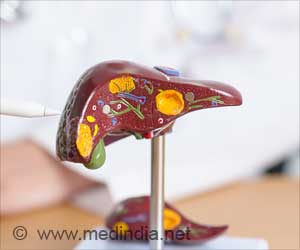Researchers at the Colulmbia University found that eating more calories and fats may increase the risk of developing Alzheimer's disease in some
Researchers at the Colulmbia University found that eating more calories and fats may increase the risk of developing Alzheimer's disease in some people. Previous research has shown that mice and rats on a restricted diet tend to live longer. Researchers feel this is because of fewer destructive molecules formed during the breakdown of food and oxygen. These destructive molecules, known as free radicals also damage cells and may increase the damage done by particles found in brains of people with Alzheimer's disease.
Researchers from Columbia University in New York studied the association between the number of calories consumed and Alzheimer's disease. The study involved 980 elderly individuals who did not have Alzheimer's disease. Researchers followed the patients for about four years and kept track of how many calories and fat grams they consumed. The participants also underwent tests for the presence of a gene that has been associated with Alzheimer's disease, called APOE epsilon 4.The average daily caloric intake of the women studied was 1200 calories per day and 1250 calories per day for the men. The average daily fat consumption was 38 grams. During the study, researchers report 200 patients developed Alzheimer's disease and 35 percent tested positive for the APOE epsilon 4 gene.
Researchers report higher intake of total calories and fat is associated with a higher risk of developing Alzheimer's disease in carriers of the APOE epsilon 4 gene. Specifically, the study finds among the individuals who tested positive for the gene, the ones who ate the most calories had a 2.3 times greater chance of developing Alzheimer's disease compared to those who ate the fewest calories. Researchers say there is no association between calorie and fat intake and Alzheimer's disease in people who do not have the APOE epsilon 4 gene. Researchers say this study shows there could be a benefit of restricting calories and low-fat diets in individuals who are carriers of the APOE epsilon 4 gene.











